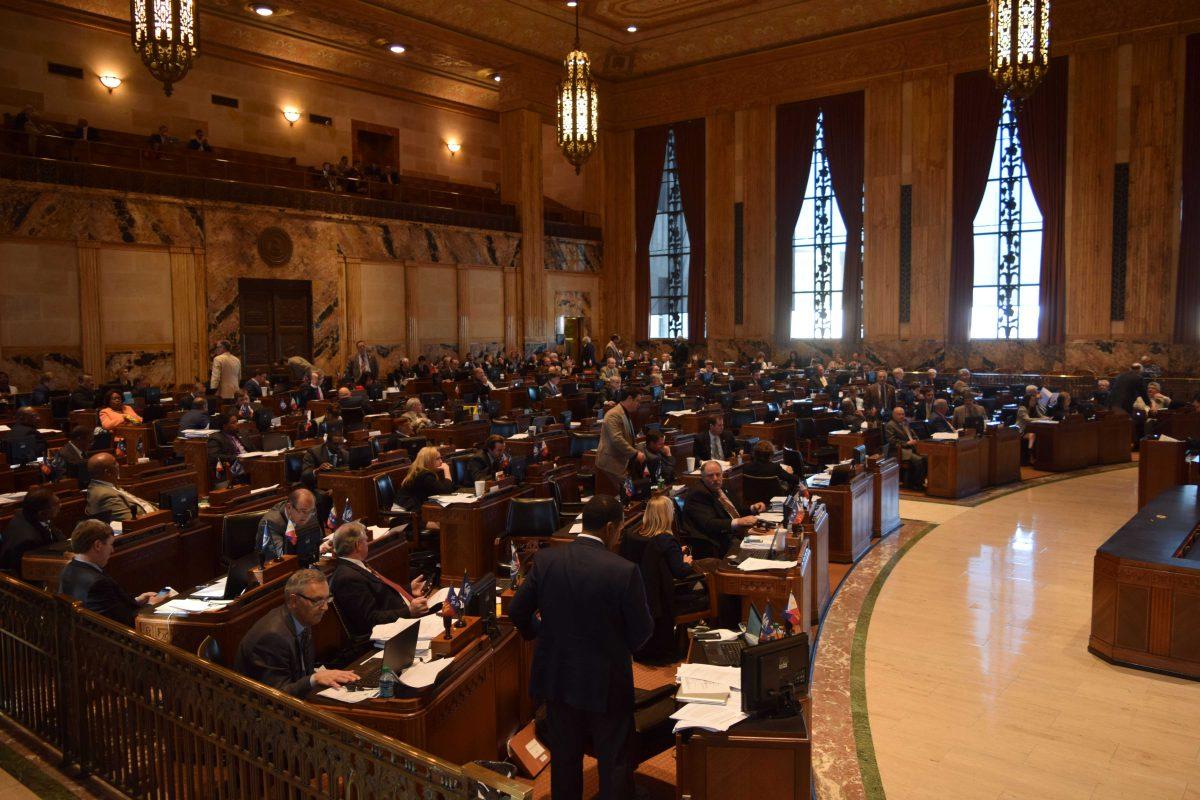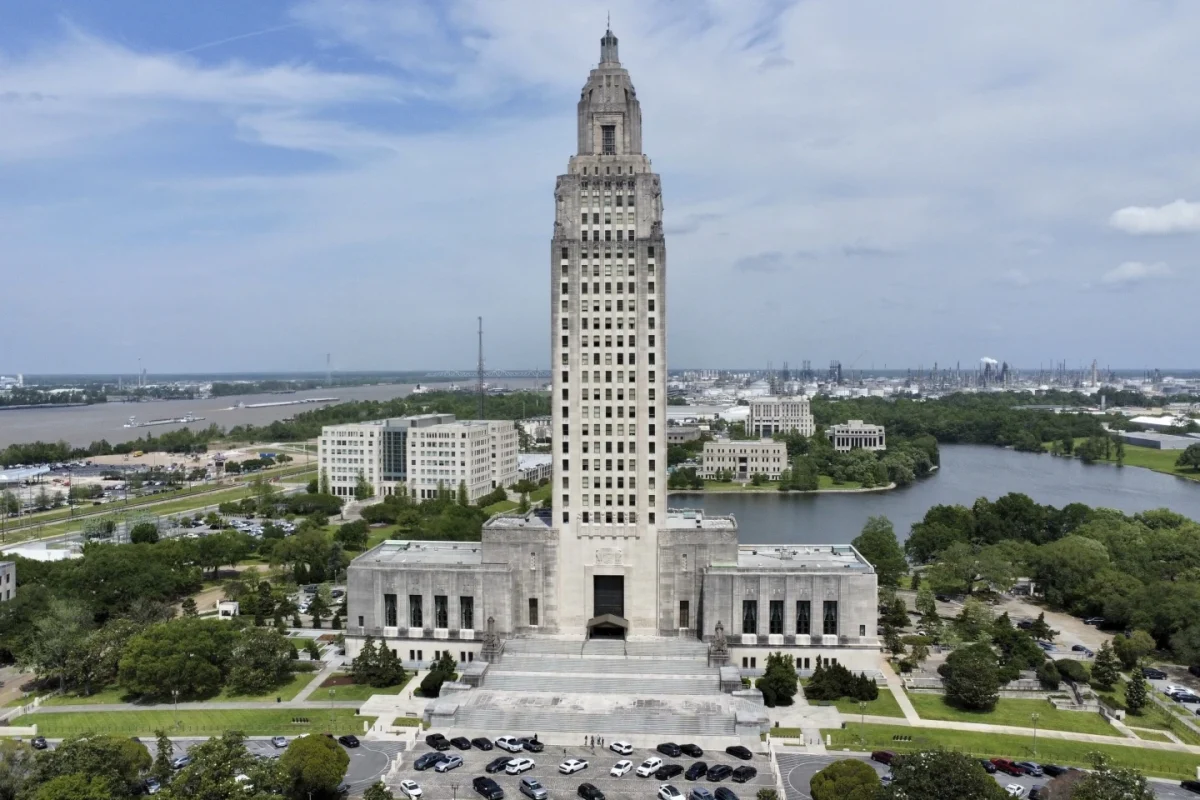As a millennial raised in southern Mississippi a few miles from the Louisiana border, I was always acutely aware of the battle between the two states for “worst” in the country.
Annual rankings are weighted on a plethora of issues, and it has become commonplace to scroll down and see the same two states finish last. Those rankings are why many young Mississippians and Louisianians, like myself, plan to leave.
U.S. News & World Report ranked Mississippi and Louisiana as 49th and 50th respectively in its 2018 “Best States” ranking. The ranking took eight separate issues into account. The issues include: health care, education, economy, opportunity, infrastructure, crime and corrections, fiscal stability and quality of life. The two states find themselves in a familiar spot, as they both received the same ranking in the 2017 edition of this report.
More notably, the two states rank dead last for opportunity and fall within the bottom five for education. The leaders of Mississippi and Louisiana have consistently demonstrated that they are unconcerned about the future of young people.
The only imaginable reason that young Mississippians or Louisianians might choose to stay is to remain close to family or because they are committed to developing change within their home state. Other than that, they have no reason to reside in the states that have failed them.
“If your state is such a toxic waste pit that your main options for survival are 1) leave or 2) run for public office, #1 is usually gonna be your best option,” tweeted LSU professor and The Times-Picayune columnist Robert Mann.
Mann’s tweet was in response to Louisiana’s state legislature failing to pass legislation to help fund TOPS, a program that rewards many Louisiana students with scholarships if they choose to attend a Louisiana public college or university. In 2017, Mississippi lawmakers voted to cut funding to the state’s 15 community colleges by 10 percent and universities by 9 percent, a move that welcomes the rise of tuition rates.
Simultaneously, Mississippi’s state legislature voted to cut funding to the Mississippi Adequate Education Program by $20 million. I have begun to wonder what it would be like to live in a state where public education is viewed as a priority.
Children are unaware of the low value that is being set on their futures and the opportunities they are being stripped of. However, whenever you grow old enough to become knowledgeable of this injustice, it becomes disrespectful.
An analysis conducted by governing.com in June 2017 showed that Mississippi has suffered a 4 percent loss in millennial’s since 2010, and a 0.5 percent increase for Louisiana. If the lack of economic opportunity and devaluation of higher education persists, Louisiana will soon find themselves declining at the same rate as their neighboring state.
“Can you blame millennials for wanting to go where they can make the most of their opportunity?” asked Jeramey Anderson, a 25-year-old state representative from Moss Point, Miss. “I can’t, but we as a state can do a better job of fostering a more welcoming environment that doesn’t contradict the narrative of ‘the hospitality’ state.”
At Louisiana’s annual Statewide Economic Development Summit in April 2017, Gregory Burkhart, managing director of Duff & Phelps, said that “94 percent of University of Texas graduates stay in Austin each year.” If 75 percent of Baton Rouge’s college graduates chose to stay, the growth rate of millennials would jump from 6.6 percent to 13.9 percent in a year.
One would think Mississippi and Louisiana would make a greater effort to retain millennials because of the benefits they could provide to their struggling economies. A large part of that effort involves expanding job opportunities that attract college graduates, but the leadership of Mississippi and Louisiana have shown they couldn’t care less. They are not even capable of keeping students out of debt before they reach that point.
Seth Nieman is a 22-year-old mass communication senior from McComb, Mississippi.








